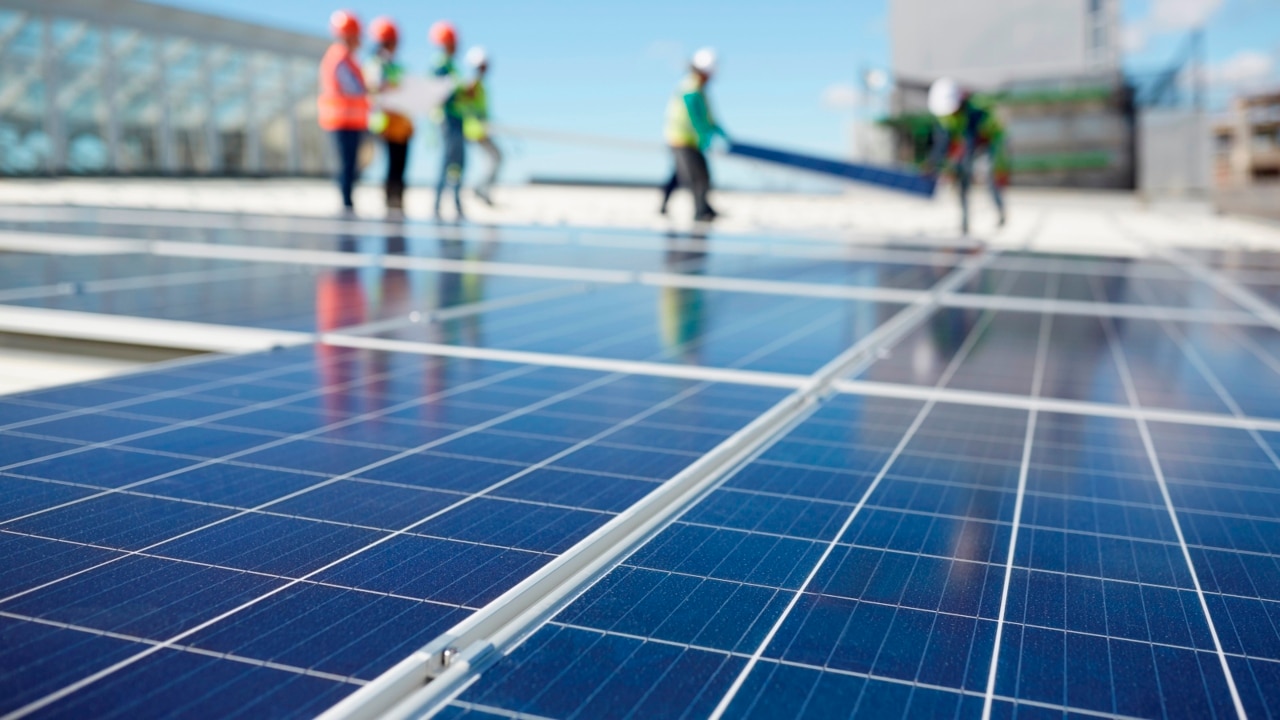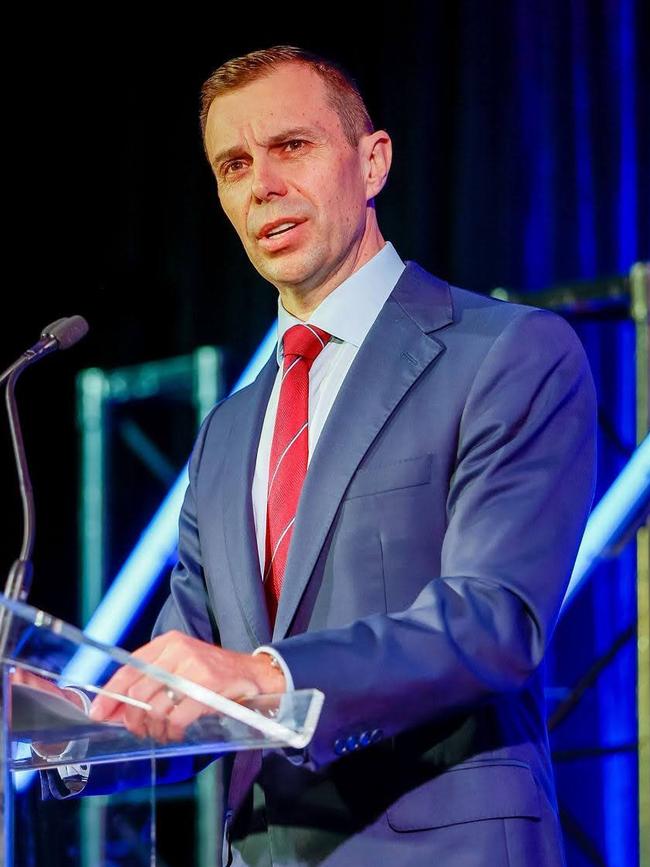NSW floats tiered coal royalties in bid to stoke coffers
NSW could follow the lead of Queensland and change the way it charges royalties on coal as it bids to repair its budget, but such a move would undoubtedly anger the fossil fuel industry.

NSW is considering changing the way it collects royalties from coal as it seeks to repair its fiscal deficit, though the move would likely prompt widespread anger from the country‘s resource sector.
NSW Treasurer Daniel Mookhey earlier this year said it would be “very, very difficult” for the government to achieve a surplus by 2024-25.
In a move that hints the government is targeting the resource sector to stoke its coffers, Mr Mookhey said the state could develop its own tiered model and abandon its current flat-rate royalty system. Such a system would echo a model adopted by Queensland.
“My view is that the people in NSW are entitled to a fair return for their resources,” Mr Mookhey said.
NSW charges 8.2 per cent on the value of open-cut coal, with slightly lower rates for underground mining and deductions allowed.
Queensland introduced a new royalty scheme in 2021, which sees levies pegged at 7 per cent when prices are up to $100 per tonne, before rising to 40 per cent when prices exceed $300 per tonne.
The change has provided a significant boost to the Queensland state budget, but has led to major employers such as BHP warning it dented the attractiveness of the state for future investment.
Should NSW adopt a similar scheme, it would likely prompt a significant backlash from the state’s resources sector.
NSW Minerals Council chief executive Stephen Galilee said the current royalty scheme should be maintained as it delivers significant benefits to the state during boom periods.
“The existing arrangements deliver increased royalties when coal prices are higher, as seen last financial year when a record $5.5bn in royalties were collected during a time of record high coal prices. The existing arrangements also generally maintain the global competitiveness of the NSW coal sector – protecting jobs, investment and the NSW economy,” Mr Galilee said.


NSW floated the royalty tweak as it asked for market feedback on the coal price cap, which is due to end next year.
The shake-up proposals fire the starting gun on what is likely to be a contentious battle between the state government and the coal industry, as the state looks to bolster its finances and placate rising voter anger about soaring power prices with the cap on coal prices set to expire on July 1, 2024.
The coal price cap was pushed by the Federal Labor government in a bid to put a lid on soaring electricity prices. The price of coal soared last year to more than $400 a tonne internationally after Russia’s invasion of Ukraine forced energy poor countries to seek alternatives to Moscow’s cheap gas.
Coal is the dominant source of Australia’s electricity and higher commodity prices sent the wholesale price to record levels.
The introduction of the cap has deflated the cost of Australia’s electricity. But with little sign of a drastic change in global energy supplies, energy traders said removing the coal price cap would inflate the wholesale electricity price, which would eventually flow through to households and businesses.
NSW energy minister Penny Sharpe declared the coal price cap a success.
“The coal cap has shielded NSW households and small businesses from the worst flow-on effects of last year’s coal price surge. We are now working to identify the most efficient, equitable way to maintain downward pressure on electricity prices,” Ms Sharpe said.
Mr Galilee, however, said the cap was “poor public policy”, and should be abolished when it expires next year.
“It was designed and implemented with undue haste and with inadequate consultation. It has done nothing to reduce power prices, which continue to increase. The coal price cap should not be extended beyond its legislated 30 June 2024 end date,” Mr Galilee said.
Mr Galilee said NSW should replace the cap with policies to guarantee generation capacity. The NSW Minerals Council did not detail what policy it supported. State energy ministers have ruled out incorporating coal generation in any capacity scheme, which had been dubbed coal-keeper, due to expectations paying fossil fuel generators would prolong their lifespan.
Capacity schemes are also unlikely to address the immediate impact of removing the coal price cap, traders and industry executives said.




To join the conversation, please log in. Don't have an account? Register
Join the conversation, you are commenting as Logout